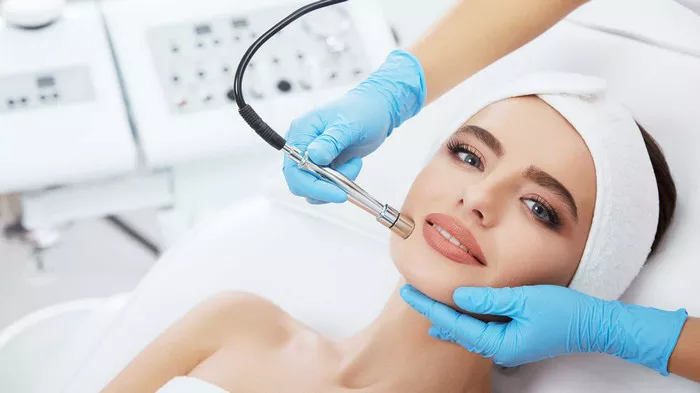A recent study conducted by researchers at Boston University sheds light on a concerning trend among social media enthusiasts. Instead of relying solely on face-tune apps, many are turning to permanent alterations to mimic filters, raising concerns about body image dissatisfaction and the desire to alter physical appearance.
Dubbed as “Snapchat dysmorphia,” this phenomenon reflects a growing inclination among users to pursue cosmetic procedures to replicate filtered images of themselves. The study, led by Boston University researchers, found a significant increase in the number of participants considering aesthetic procedures, with a rise from 64% to 86%. Moreover, consultations with surgeons surged from 44% to 68%, indicating a concerning trend.
In the wake of the COVID-19 pandemic, the study observed a notable shift, with 78% of volunteers expressing that undergoing a cosmetic procedure would boost their self-esteem, marking a 30% increase from pre-pandemic levels. However, researchers caution against the pursuit of unattainable filtered appearances, emphasizing the potential psychological implications.
Dr. Neelam Vashi, one of the study authors and director of the Boston University Cosmetic and Laser Center at Boston Medical Center, underscored the importance of understanding patients’ motivations and goals of care. She noted that while social media usage likely contributed to the desire for cosmetic procedures, providers must engage in comprehensive conversations with patients to ensure quality care.
The study revealed that frequent use of social media and photo editing apps correlated with higher body image dissatisfaction. Additionally, following celebrities, influencers, and accounts featuring cosmetic procedures online influenced users’ aspirations for aesthetic treatments.
With billions of people worldwide spending significant time on social media platforms, the study underscores the urgent need to address the impact of “selfie culture” on body image perceptions and mental well-being. As concerns grow over the influence of social media on teens, experts advocate for heightened awareness and proactive measures to promote positive body image and self-esteem.


